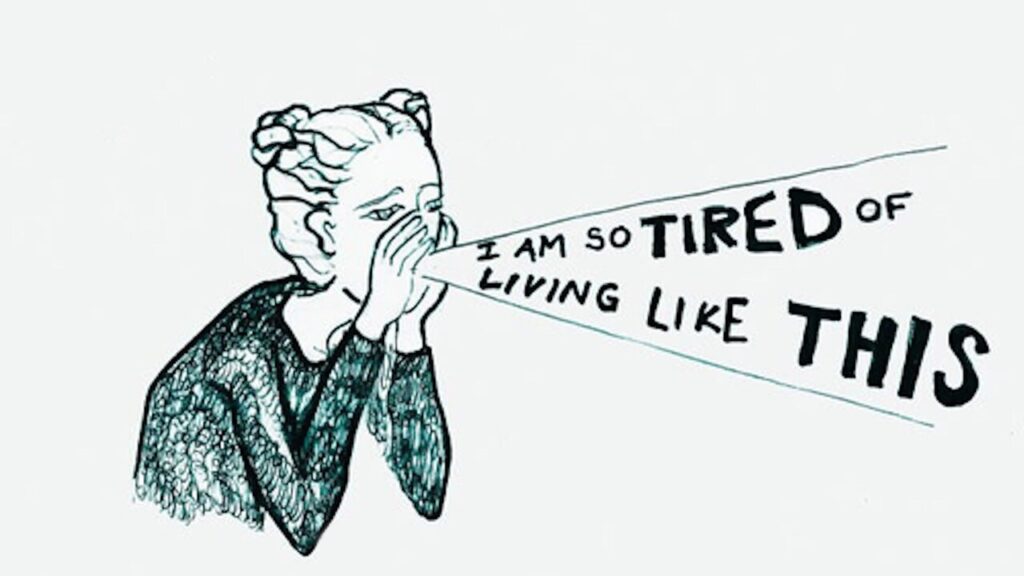Toxic relationships can drain your energy, cloud your judgment, and hinder your personal growth. Whether it’s a friend, family member, or colleague, dealing with toxic individuals is emotionally taxing. Learning to identify and distance yourself from such people is crucial for your mental and emotional well-being. This guide will help you navigate this delicate process and reclaim your peace.
Recognizing Toxic Behavior
Toxic people often exhibit patterns of manipulation, criticism, and negativity. They might belittle your achievements, undermine your confidence, or create constant drama. Identifying these traits is the first step toward addressing the situation. Trust your instincts—if someone consistently leaves you feeling anxious, drained, or unworthy, it’s a sign of toxicity.
Understanding the Impact of Toxic Relationships
Prolonged exposure to toxic individuals can affect your mental health, leading to stress, anxiety, or even depression. Toxic relationships can also make you doubt your worth and limit your potential. Recognizing the harm they cause can strengthen your resolve to step away.

Steps to Distance Yourself from Toxic People
1. Set Clear Boundaries
Establishing boundaries is essential to protect yourself. Communicate your limits calmly but firmly. For example, if someone constantly criticizes you, let them know such behavior is unacceptable. Boundaries create a space where you can prioritize your well-being.
2. Limit Interaction
If cutting ties completely isn’t possible, minimize your contact. Keep conversations short and focused, and avoid engaging in their negativity. Use polite but assertive responses to maintain your distance.
3. Focus on Your Own Growth
Toxic people often thrive on keeping others stuck in negativity. Shift your focus toward personal growth. Pursue your passions, develop new skills, and surround yourself with supportive and uplifting individuals.


Dealing with Emotional Challenges
Overcoming Guilt and Fear
Leaving toxic relationships can evoke feelings of guilt or fear, especially if the individual is someone close. Remember, prioritizing your well-being is not selfish—it’s necessary. Seek support from friends, family, or a therapist to help navigate these emotions.
Breaking the Cycle of Dependence
Toxic individuals often create a sense of dependence, making it hard to let go. Practice self-reliance and remind yourself that you are capable of thriving without their influence. Building your confidence is key to breaking free.
Rebuilding Your Life After Letting Go
Once you’ve distanced yourself from toxic people, focus on healing and rebuilding. Engage in self-care activities that rejuvenate your mind and body, such as meditation, exercise, or journaling. Surround yourself with people who bring positivity and encouragement into your life.
Embracing Positivity and Peace
Removing toxic influences opens the door to a more fulfilling life. You’ll find clarity, peace, and the energy to pursue your dreams. Remember, your mental and emotional health should always come first. By distancing yourself from negativity, you create space for happiness and growth.

